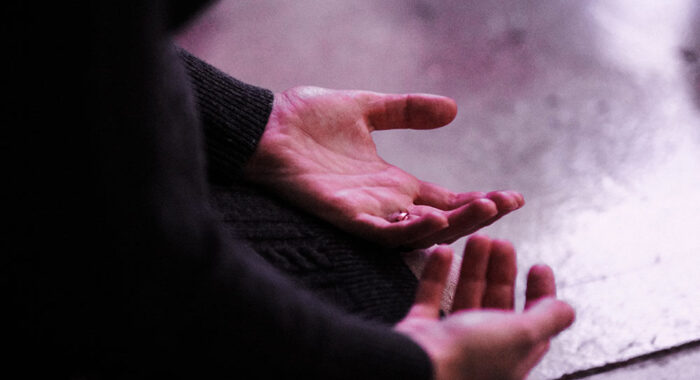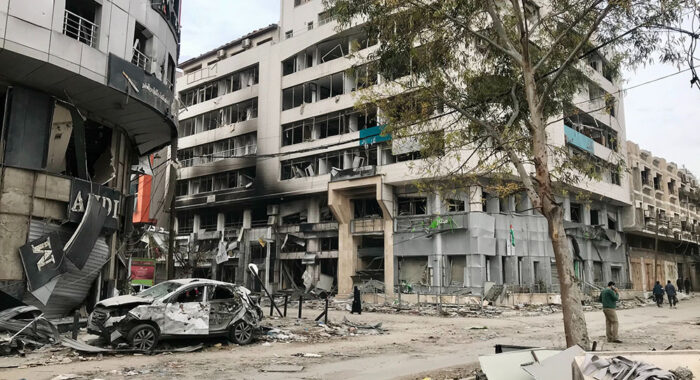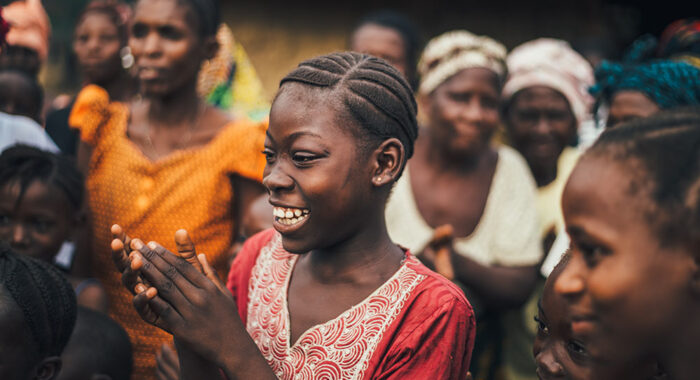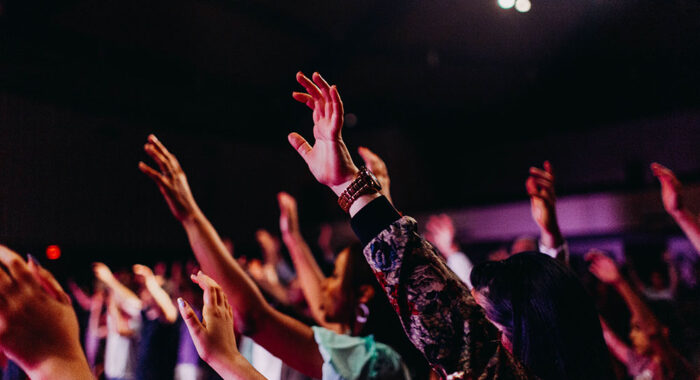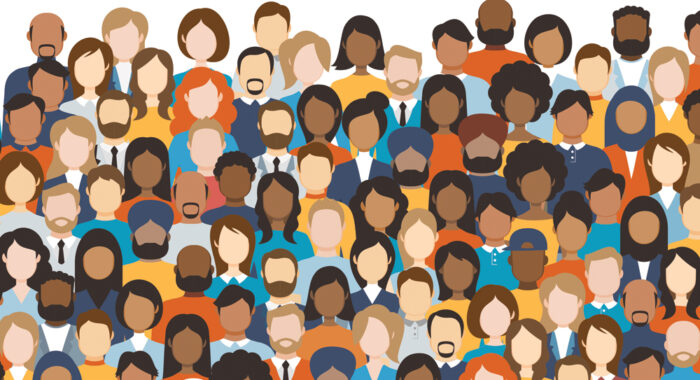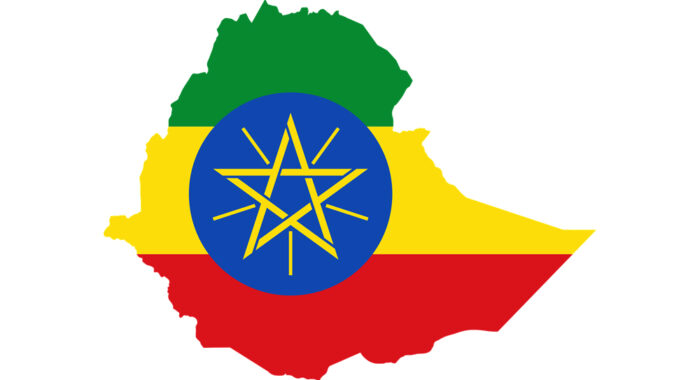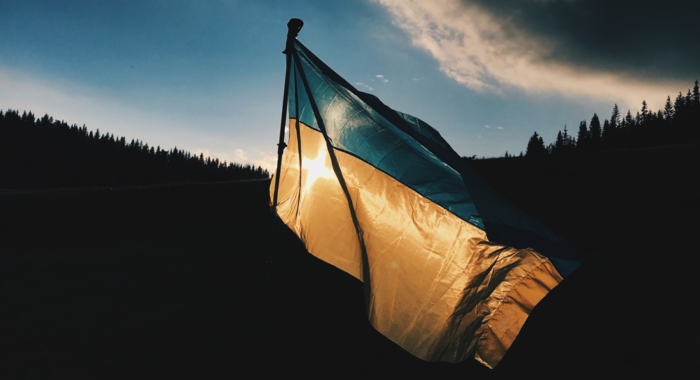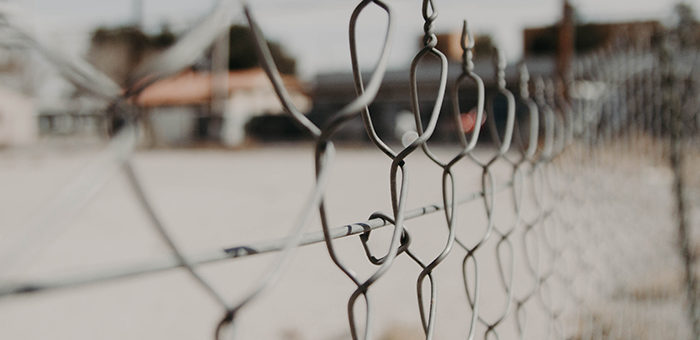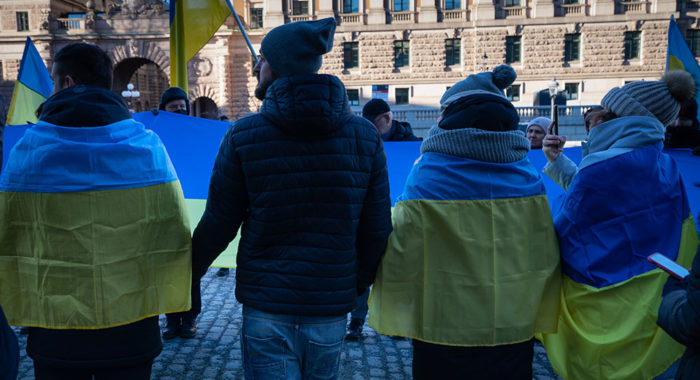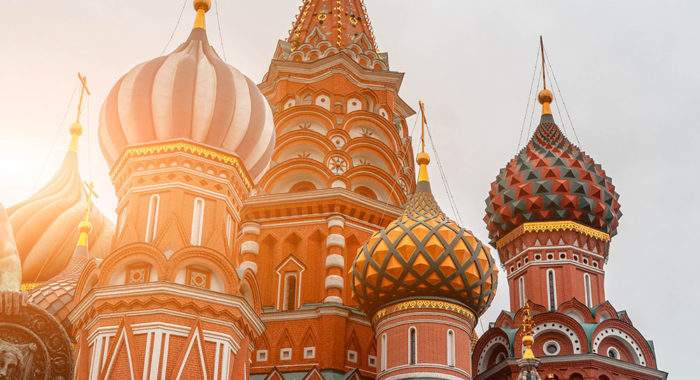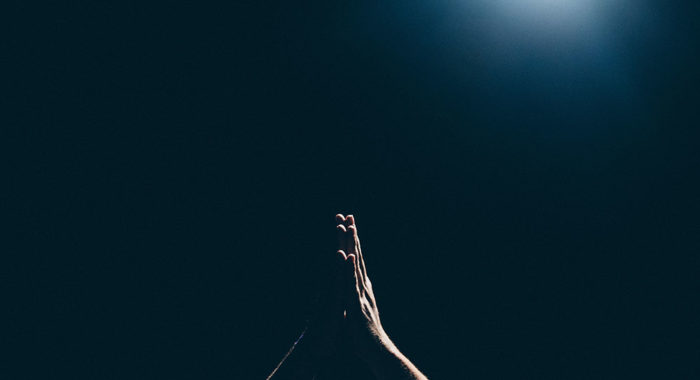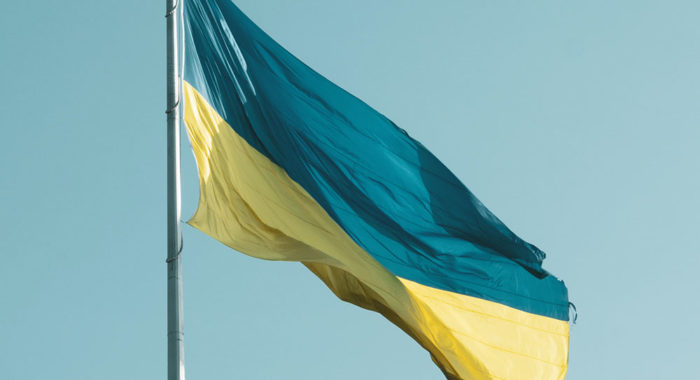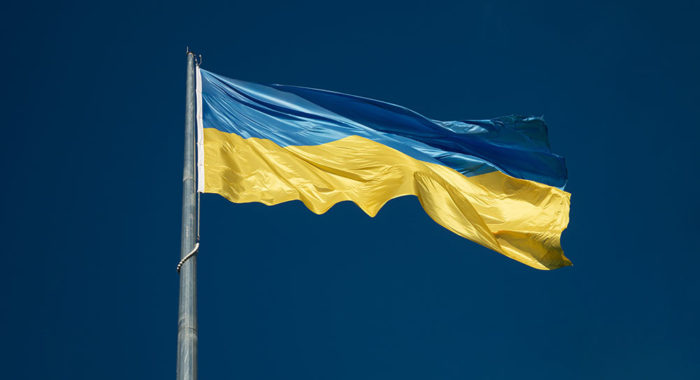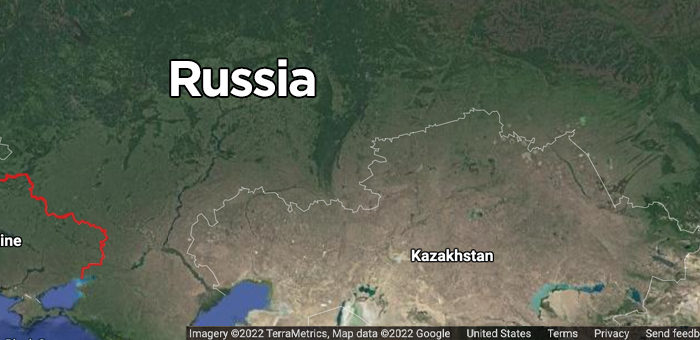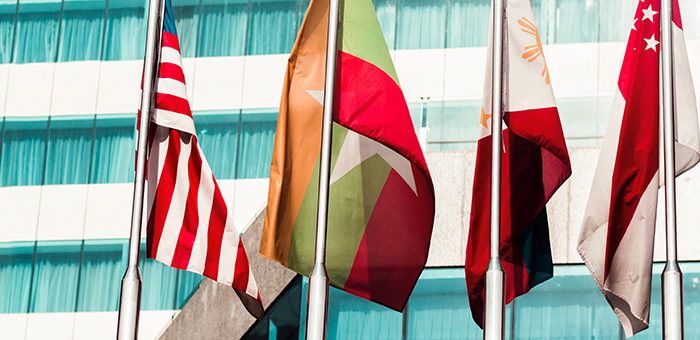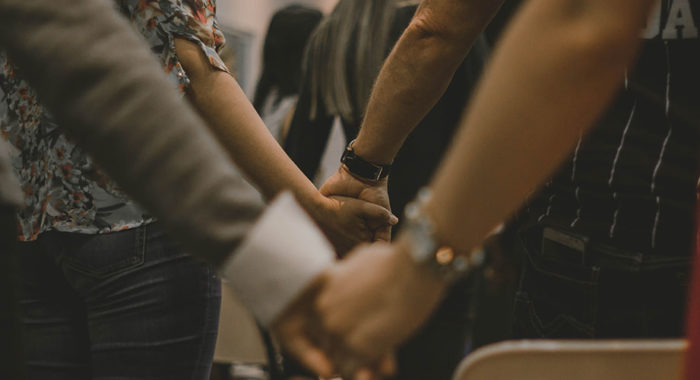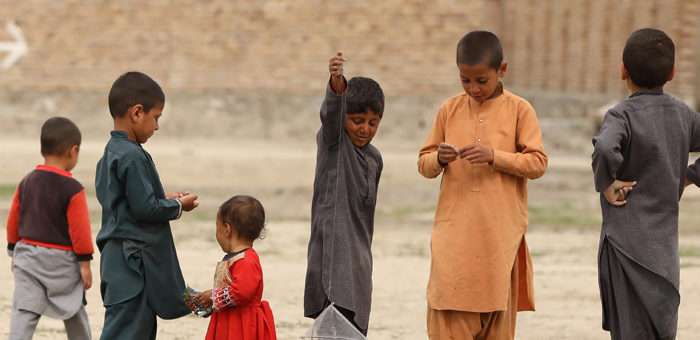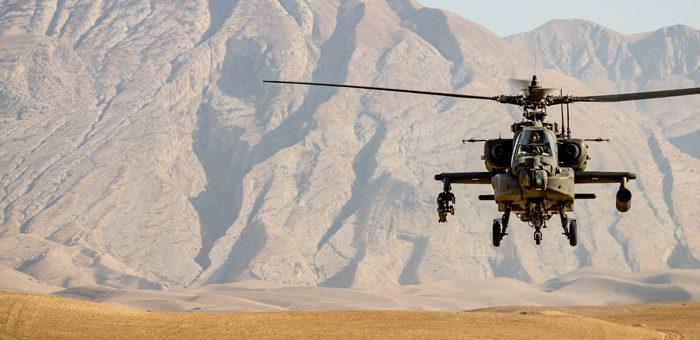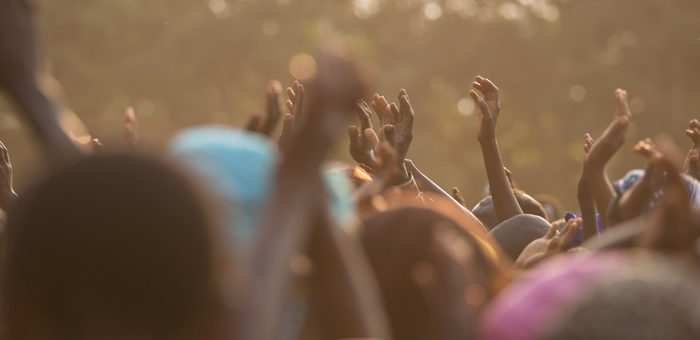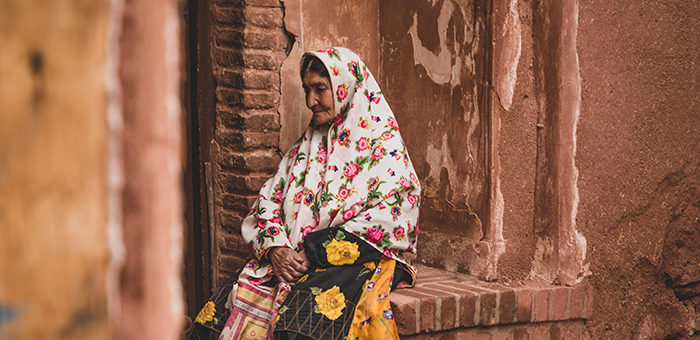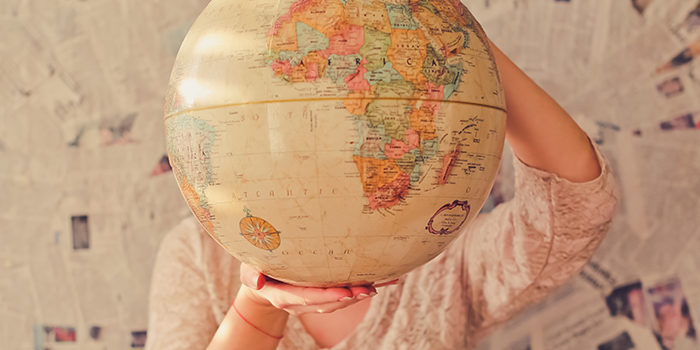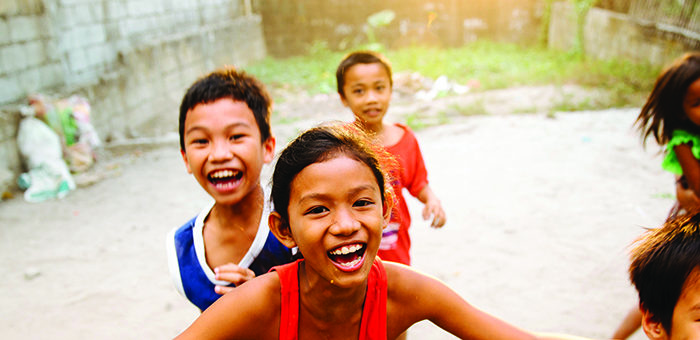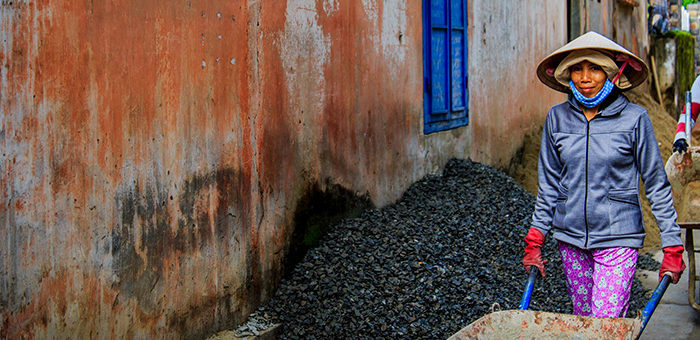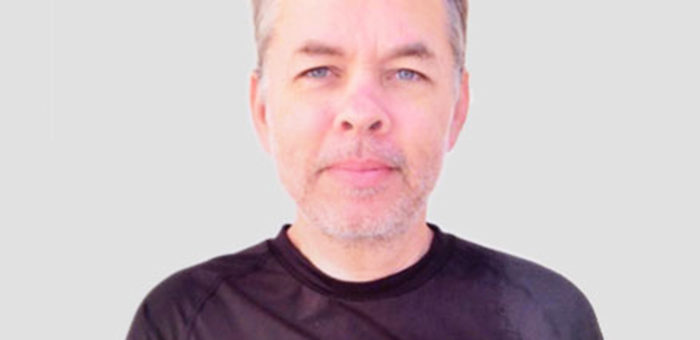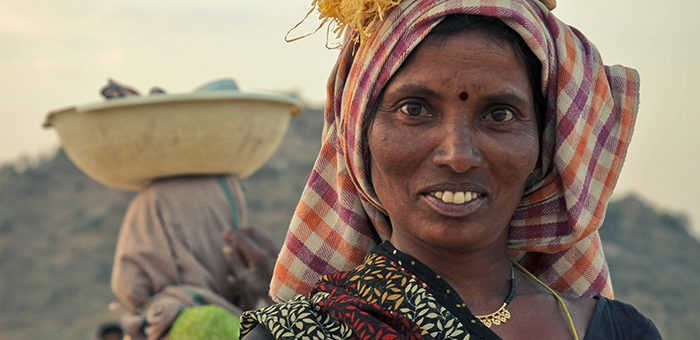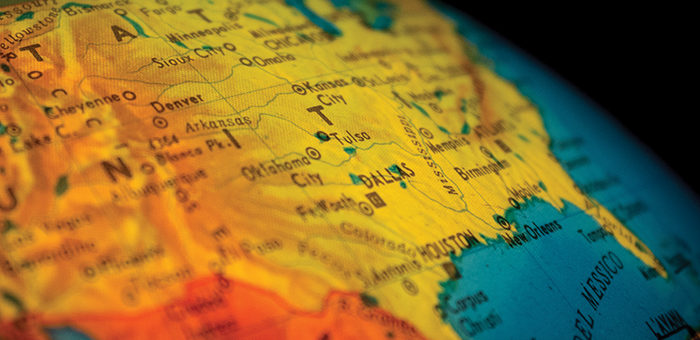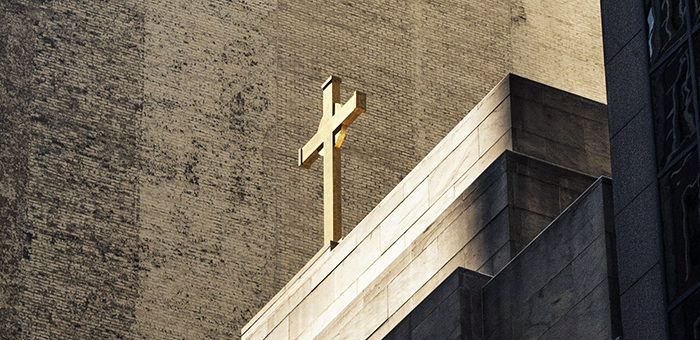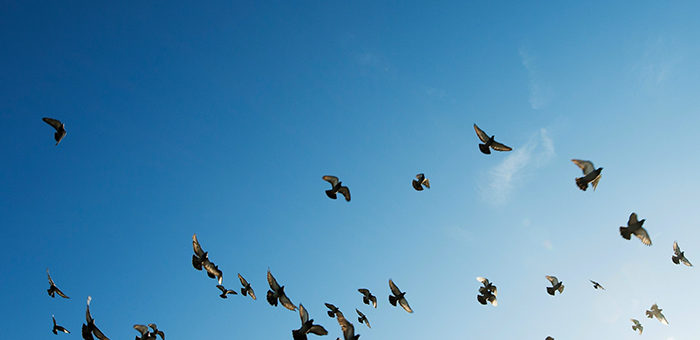“Seek justice, encourage the oppressed. Defend the cause of the fatherless, plead the case of the widow.” Isaiah 1:17
“When the Son of Man comes in his glory, and all the angels with him, he will sit on his throne in heavenly glory. All the nations will be gathered before him, and he will separate the people one from another as a shepherd separates the sheep from the goats. He will put the sheep on his right and the goats on his left.
“Then the King will say to those on his right, ‘Come, you who are blessed by my Father; take your inheritance, the kingdom prepared for you since the creation of the world. For I was hungry and you gave me something to eat, I was thirsty and you gave me something to drink, I was a stranger and you invited me in, I needed clothes and you clothed me, I was sick and you looked after me, I was in prison and you came to visit me.’
“Then the righteous will answer him, ‘Lord, when did we see you hungry and feed you, or thirsty and give you something to drink? When did we see you a stranger and invite you in, or needing clothes and clothe you? When did we see you sick or in prison and go to visit you?’
“The King will reply, ‘I tell you the truth, whatever you did for one of the least of these brothers of mine, you did for me.’
“Then he will say to those on his left, ‘Depart from me, you who are cursed, into the eternal fire prepared for the devil and his angels. For I was hungry and you gave me nothing to eat, I was thirsty and you gave me nothing to drink, I was a stranger and you did not invite me in, I needed clothes and you did not clothe me, I was sick and in prison and you did not look after me.’
“They also will answer, ‘Lord, when did we see you hungry or thirsty or a stranger or needing clothes or sick or in prison, and did not help you?’
“He will reply, ‘I tell you the truth, whatever you did not do for one of the least of these, you did not do for me.’
“Then they will go away to eternal punishment, but the righteous to eternal life.” Matthew 25: 31-402
Foreword
This Statement of Conscience of the National Association of Evangelicals concerns the Dalit people of India, also called the “Untouchables.” We urge others to join us as we work to bring attention on the Dalits and call for action from both the U.S. government and the government of India to end discrimination against Dalits.
Facts
Caste divides most people in India by their employment and descent. The majority of lower-caste people live in economic despair and are persecuted by higher-caste people. Persecution ranges from economic and social persecution to physical violence, including rape and murder.[1]
On the lowest rung of the Caste system are the outcastes, or Dalits, meaning “broken people.” There are an estimated 250 million Dalits in India, known officially as Scheduled Castes and Scheduled Tribes, and millions more spread throughout South Asia, especially in Nepal and Bangladesh.[2]
Dalit persecution has continued unabated in the modern era despite nominal efforts by the Government of India to abolish untouchability.[3] Dalits are treated as literal untouchables according to the Caste system: touching a Dalit, it is believed, contaminates upper-caste people spiritually and physically. Dalits are shunned from civil society and are forced to continue in the lowest jobs, including scavenging, tanning, and ‘sweeping’: cleaning latrines by hand.[4] Dalits can be killed for entering temples and attacked for walking in the presence of high-caste people.[5] Many Dalit girls and women are forced to serve as temple prostitutes.[6] Indeed, the overall position of women in India, high-caste or low-caste, is much like that of the outcastes, or Dalits: women are frequently treated as the discretionary and disposable property of their husbands. But to be a Dalit woman is to experience double discrimination.[7]
According to published reports and recently passed resolutions from the United States House of Representatives (HCR 139) and the European Union Parliament, Dalit suffering is unlike any throughout history in democratic nations worldwide. Stories of individual Dalits confirm these reports: the average Dalit life is fraught with violence, persecution, discrimination, and segregation.
Physical Violence
Bant Singh is a Dalit farmer from Punjab. His daughter was raped in 2000, and he dared to take her perpetrators to court. Bant won justice when three men were sent to prison for their assault on his daughter, but he paid for his victory with his own limbs when a high-caste village leader ordered six men to assault him with iron bars and axes. Left for dead after being badly beaten on January 7, 2006, he was taken to a local hospital where he was refused treatment because he was a Dalit. Finally, after lying untreated for 36 hours, he was transferred to a government hospital where both of his lower arms and one leg had to be amputated.
Bant’s story is commonplace in India. According to published reports, three Dalits are murdered every week, five Dalit homes or possessions are burned every week, and six Dalits are kidnapped or abducted every week.[8]
Sadly, the violence perpetrated on Bant’s daughter is also commonplace for other Dalit women. Three Dalit women are raped every day, yet rapes against Dalit women go largely unpunished: in 1994 (last available statistics), 80% of rape cases remained pending for trial and only 33.8% ended in conviction. These statistics only take into account reported cases: millions of attacks remain unreported because the police are among the greatest perpetrators of rape targeting Dalit women.[9]
Worse, still, Dalit women are used as examples by attackers to hush Dalit leaders and labor activists: they are raped en masse, and many times are mutilated and murdered after being raped.[10] Nowhere was this more evident than in the 2002 riots against Muslims in Gujarat. Muslim women were raped and burned to death in the presence of their husbands before they joined their wives in death. Fetuses were eviscerated from pregnant mothers and killed before the Hindu fundamentalist attackers finished off the mothers. The violence perpetrated against Muslim women in Gujarat was horrific and widespread and intended to send a message to all non-Hindus and low-caste and outcaste people that the Hindu fundamentalist movement was unsparing in its violence.
Economic Despair
At the Kolar Gold Fields in Karnatake, a historic gold mining region dating back to the first century AD, the Mysore Company closed the mines in 2003, with blatant disregard for the Dalits who earned their livelihood working in the mines. Hundreds of Dalits, including children, have died of starvation since. With no funds to travel, no food, little water, and no employment opportunities, the community around the Gold Fields has dwindled from 300,000 people to less than 100,000. The Dalits, who were the former mine workers, have received no recompense for their lost jobs or their dead children, and hundreds more children and adults will die as the city continues to collapse.
The economic situation facing Dalits throughout India is bleak.[11] Half of all villages have segregated water sources. Half of India’s Dalit children are undernourished, while 21% are ‘severely underweight’. Starvation and disease will claim 12% of Dalit children before their fifth birthday. Jobs are so scarce for Dalits that many parents must sell their children into labor to survive: there are at least 40 million child laborers in India, of whom 15 million children are reportedly under some form of bonded labor. Most of these are Dalits.
Social Discrimination[12]
Dalits are given the lowest place in society and are kept there by any means necessary. Dalits are regularly segregated in restaurants, hotels, and tea shops. Many tea shops serve separate crockery and cutlery for Dalit use.
Dalits cannot marry above their Caste. In 2005, in Punjab, Harpreet Singh, a Dalit and son of a local political party leader, and his wife, Amandeep Kaur, a high-caste woman and dental college student, were beaten with rods and had their throats cut by contract killers hired by the girl’s family. The police said that their decision to marry despite the Caste differences resulted in their death.
The discrimination against Dalits is seen most clearly in the public government schools. Most Dalits cannot attend school for economic reasons. When they do, Dalit children are segregated within the classroom. Dalit children are frequently subjected to humiliating corporal punishment by teachers. In Maharashtra, an upper-caste teacher sprinkled cow urine on the heads of Dalit students to ‘purify’ them as the children were taking an exam.[13] Such humiliation is frequent.
Religious Persecution[14]
The 2002 Gujarat massacre against Muslim Dalits was the most egregious example of a long and intensive campaign by Hindu fundamentalists to maintain a Hindu majority and cleanse India of any faith but Hinduism. Human rights groups estimate the death toll in the upwards of 1,000 and even 2,000. Conversion to faiths other than Hinduism, Buddhism, or Sikhism causes Dalits to lose their government benefits, at the least, and subjects them to violent persecution, as in the Gujarat tragedy. To date, seven Indian states have anti-conversion legislation targeting Dalit Christians and Muslims.
Most recently, Pastor Babula Chandra Paik of Christian Church was attacked during Sunday worship service in Madhya Pradesh on August 5. Claiming that they were enforcing the state-wide anti-conversion legislation, more than fifty fanatics entered the church armed with knives and sticks. They dragged the pastor from the service and beat him and two elderly believers who came to his side. They also destroyed the church and its Bibles. Despite the pastor lodging a report against his attackers, no arrests have been made. Attacks like this occur frequently in India.
Principles
Conscience mandates every possible effort on behalf of the persecuted, poor, and downtrodden.
Conscience obliges us to call for an end to Caste discrimination targeting Dalits because it denies the equality of all human beings.
The validity of democracy requires democratic nations to uphold standards of dignity for their citizens and to hold other democratic nations accountable for their actions.
The United States Government, in its growing relationship with the Government of India, has a unique and timely opportunity to address the Caste system with the Government of India and to direct its ally to adhere to the values of democracy, human value, and the rule of law.
Call to Action
We confess our past indifference and ignorance of the suffering of the millions of Dalits across India and South Asia. We have not done all within our power to alleviate the suffering of these severely oppressed, marginalized, ‘broken’ people.
We are dismayed by the United States Government’s silence about Caste and the Dalits while establishing nuclear, trade, and defense agreements with the Government of India. The United States Government has the ability to adopt policies that would encourage the Government of India to address Dalit persecution and also has the ability to give direct aid to Dalits in India.
As a matter of conscience, therefore, we call for the following actions to be taken by the Government of the United States:
Public acknowledgement of the current discrimination facing the Dalits in India and the adoption of policies condemning Untouchability in all its forms. To that end, we respectfully recommend the following steps:
- Raising the issues of Caste discrimination, violence against women and children, debt bondage abuse, and Untouchability through diplomatic channels both directly with the Government of India and within the context of international bodies.
- Issuance of instructions to all foreign policy staff in the State Department and related agencies ensuring that Dalits are considered in all policy decisions regarding India.
- Issuance of instructions to all United States agencies, contractors, and U.S. based businesses and organizations and their employees that Caste discrimination will in no way be tolerated by the United States Government and that any incidences of Caste discrimination by United States agencies, contractors, or U.S. based businesses and organizations will be prosecuted to the fullest extent of the law.
- Preparing a report from the Government Accounting Office on the effects on the Dalits of all foreign aid coming from United States agencies and bodies, such as the World Bank, which the United States funds.
- Issuance by the State Department’s Human Rights Bureau of a report dealing solely with the issue of Caste and Dalit discrimination in South Asia. To that end, we respectfully recommend that the following steps be taken:
- Instructing all human rights, religious freedom, and trafficking in persons officers to distinguish between the different Castes in reporting human rights abuses, religious persecution, and incidences of bonded slavery to their respective departments.
- A review of all previous and proposed agreements between the United States and India by the State Department Human Rights Bureau, indicating in clear language the impact or non-impact of these agreements on the Dalits and other low-caste people.
- Appointment of a knowledgeable and capable investigative officer with the State Department to research the heretofore unknown extent of bonded labor and child labor in India.
- Termination of any agreements that, in form, intent, or execution cause discrimination against Dalits or worsen the overall situation of Dalits in India.
Conclusion
All human life was created by God and is valuable to God. No man stands above another in the eyes of the Creator. It is the solemn duty of states to respect this equality and ensure that all people are fairly treated regardless of race, sex, religion, or caste. It is our responsibility and that of the government representing us to do everything in our capacity to protect the Dalits and bring an end to Caste discrimination. There is no larger or older form of discrimination in the world today.
We appeal not only to our government to be at the vanguard of this initiative but also to the government of India to care for her own people. Democracy is a fragile gift, and Caste and Dalit discrimination are betrayals of this gift. As members of the most powerful democracy, it is incumbent on us to implore members of the world’s largest democracy to safeguard its own citizens in a fair and just manner.
We commend Prime Minister Manmohan Singh and his Congress Party for their sensitivity to the Dalits’ situation. Many member churches and ministries of the National Association of Evangelicals of the United States have great affection for their millions of Indian friends. We know of the good intentions of the Prime Minister and the Congress Party and pledge ourselves to assist them in fulfilling their goals to insure human rights and religious freedom for the Dalits and all the citizens of the Nation of India.
Christ’s own example of love for the poor, the oppressed, and those held in spiritual, physical, religious, and societal captivity calls us to action. We acknowledge that Christianity was birthed in the east not the west, yet over 90% of Christ-followers are in the Global South. Our commitment to our brothers in Christ, and to all mankind, around the world compels us to vow the following:
- To never commit the sin of inaction when faced with a terrible and massive atrocity like Caste discrimination.
- To ensure that our assistance to India and other South Asian nations reaches the Dalits and in no way encourages Caste discrimination.
- To do all within our purview and power to the end that the Government of the United States will take appropriate steps to end Caste discrimination and the anguish and suffering of the Dalit people in India.
[1]Human Rights Watch, Broken People: Caste Violence Against India’s “Untouchables” (New York: Human Rights Watch, 1999). [hereinafter Broken People]. Also Human Rights Watch, Hidden Apartheid: Caste Discrimination Against India’s “Untouchables.” (New York: Human Rights Watch, 2007). [herinafter Hidden Apartheid]
[2] In the 2001 census, Dalits constituted 16.1% of India’s population while tribals were 7.5%. Projected to today’s population statistics, these percentages add up to appoximately 250 million.
[3] Report of the Committee on the Elimination of Racial Discrimination, Fifty-first session, A/51/18, 1996, para. 361.
[4] Human Rights Watch, Hidden Apartheid p. 82.
[5] Ibid p. 105.
[6] Ibid pp 43-44.
[7] Ibid p. 42
[8] Derived from figures provided in Crime in India 2005, http://ncrb.nic.in/crime2005/home.htm and http://ncrb.nic.in/crime2005/cii-2005/CHAP7.pdf see European Parliament B6‑0021/2007 Resolution condemning Untouchability and United States House Concurrent Resolution 139 (110th).
[9] Human Rights Watch Shadow Report pp. 51-52.
[10] Ibid.
[11] 3National Family Health Survey, commissioned by the Indian Ministry of Health and Family Welfare, 1998-99 (last survey available), p11, http://www.nfhsindia.org/data/india/indch6.pdf. see European Parliament B6‑0021/2007 Resolution condemning Untouchability and United States House Concurrent Resolution 139 (110th).
[12] Human Rights Watch Shadow Report pp. 71-79.
[13] “Teacher Sprinkles Cow Urine to ‘Purify’ Dalit Kids,” The Times of India. http://timesofindia.indiatimes.com/articleshow/1931784.cms access 8 August, 2007.
[14] Ibid. 3 also Human Rights Watch, Politics by Other Means: Attacks Against Christians in India, Vol. 11, No. 6, September 1999. and Human Rights Watch, We Have No Orders To Save You: State Participation and Complicity in Communal Violence in Gujarat, Vol. 14, No. 3(C), April 2002.



 View All Updates
View All Updates 
